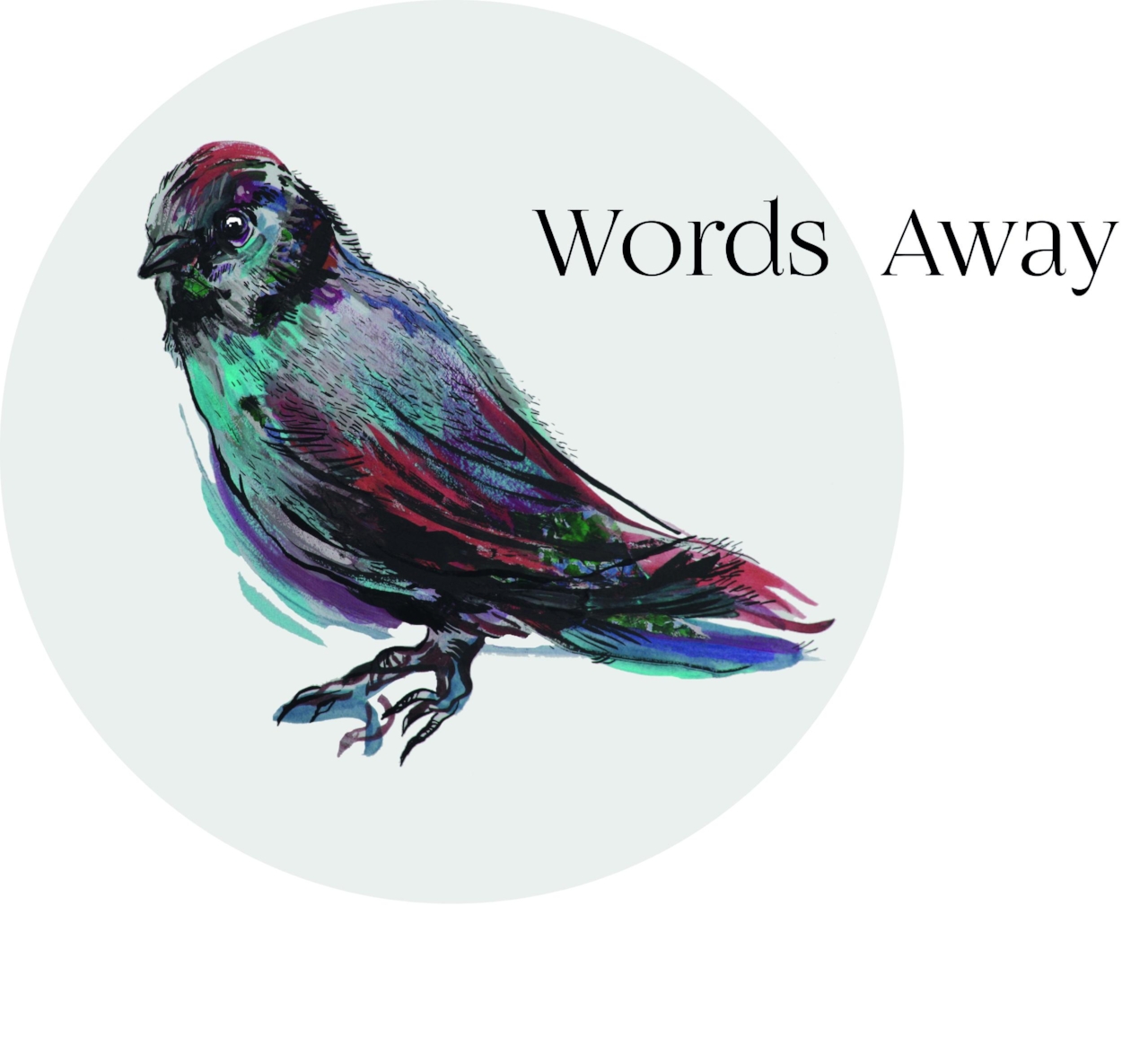We had a fabulous conversation recently with Leone Ross discussing her creative process, magic realism and her latest novel, This One Sky Day, fifteen years in the making and shortlisted for the 2021 Goldsmiths Prize. The book is set in a fictional Caribbean-inspired archipelago called Popisho and follows two-star crossed lovers across a single day. It also charts a day of reckoning across a community (where everyone is born with a little something extra!) as well as a reflection on different kinds of love. It’s a lyrical kaleidoscope of human experience - exploring grief, sexuality, addiction, fertility, joy, magic and more.
Leone defined magic realism as, “that sense of juxtaposition of oddness or delight in coming across strange things… and where the response to magic is acceptance…” It’s not about mere whimsy but rather an opportunity for social commentary to amplify the ridiculous. “The more we consider what is odd or strange, the more we realize what we call normal is strange or odd.” For example isn’t it strange, she said, that in 2022 we’re still trying to work out basic human rights for many of us across the globe? Or that we have the resources to feed all of us and yet we’re not?
Leone Ross
We touched on developing character and world-building - if there’s a route into character it’s usually to do with a feeling Leone wants to explore, like, what does it feel like to be married to three different men? Or what does it feel like to be sexually harassed? “Character becomes a vehicle to explore your own personal propaganda,” she said. Ask the important question, not only what does your character believe about the world but how did they get there? Detail lends specificity - important for all writing but especially character otherwise they’ll feel like archetypes. Find out about their childhood and the effect of the past on the present. Where you have character you’ll find story - as soon as you put people in a space story happens.
We had some great questions from the audience about their own issues with writing magic realism. Leone suggested overriding any worries by simply getting words down on the page. “Be strange but authentic - if you’re nervous, fake it before you make it. Just do it!” Allow strange things to happen as long as it’s underscored by meaning. Be childlike in your impulses, have fun!
As for writer’s block - Leone recommended Joel Salzman’s book, If You Can Talk You Can Write, which helped her write her way out of a difficult patch, “if you can talk you can chat on the page.” Even when you’re tired or full of doubt, get those words down and aim for "progress not perfection.” Leone spoke candidly about the emotional journey, including the rewards and challenges of undertaking such a big project over many years and she emphasised the importance of support from writer friends and family.
Leone finished the evening with something to take away for our own practice, a writing exercise in defamiliarization. Take an everyday object, the more mundane the better. Imagine you’re a very small child or an alien, and you’re seeing this object, a fork for example, for the first time. Ask questions (why does it have four prongs? Why is does it feel cold to the touch? etc) and begin to find the extraordinary in the ordinary!
It was a fabulous zalon - if you’d like to watch it on demand you can do so here. With thanks to Leone Ross for her generosity and writerly insight and to everyone who came along.
My next zalon is on Monday 5th December at 7pm with Zoe Gilbert, author of Mischief Acts and Folk. Some you may remember Zoe’s salon a few years back, interrogating the mystery and allure of folklore, fables and fairytales and discussing ways into writing new fiction. This time we’ll be discussing Unconventional Storytelling - who says stories must be told the same old way? Do join us! I’m currently planning more zalons and in-person workshops with some excellent guests for 2022 - more information to follow soon.
Thanks for reading,
Kellie
References
Leone Ross, Salman Rushdie, Toni Morrison, Irenosen Okojie, Italio Calvino, If You Can Talk, You Can Write by Joel Salzman


